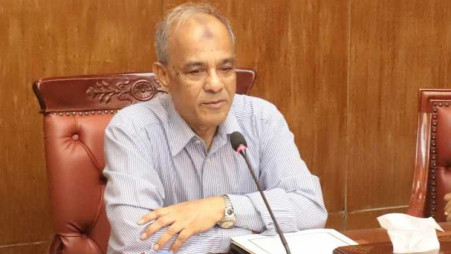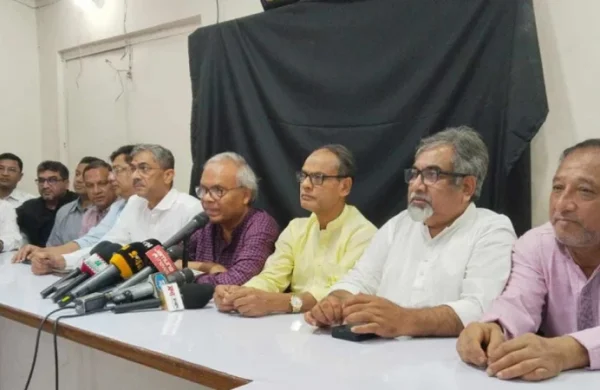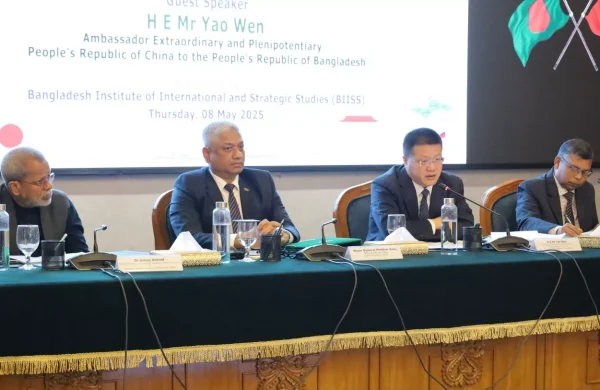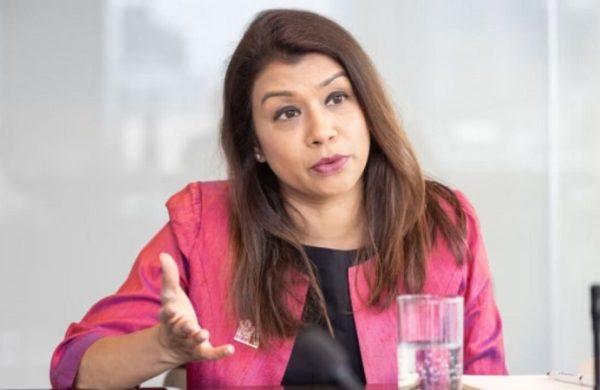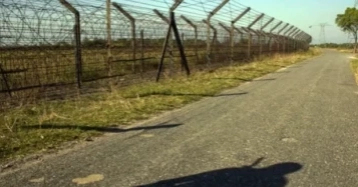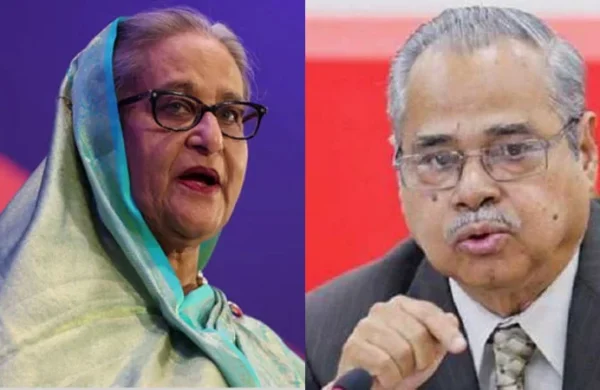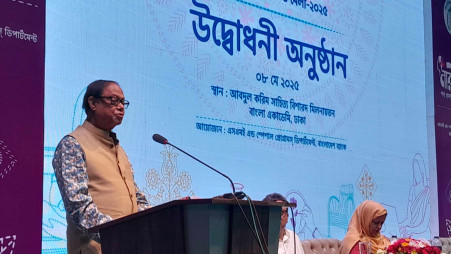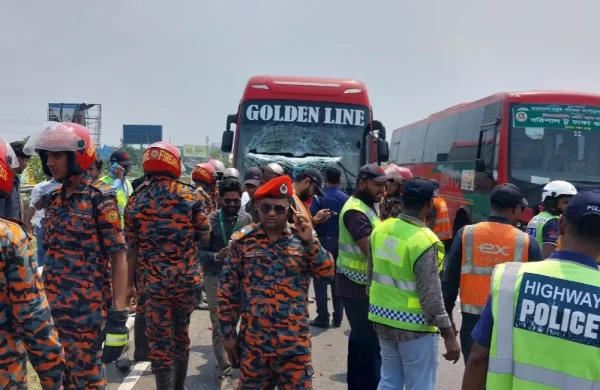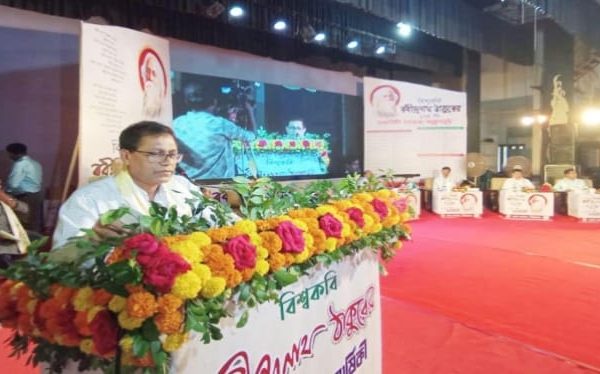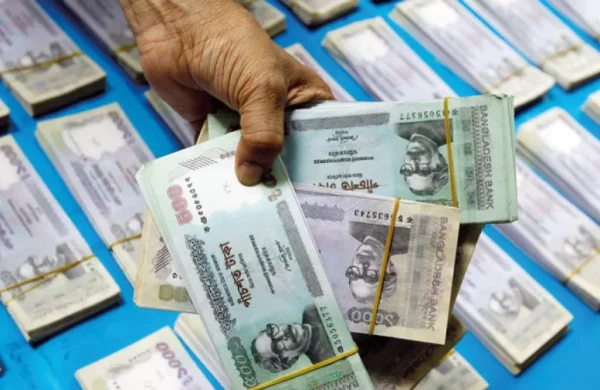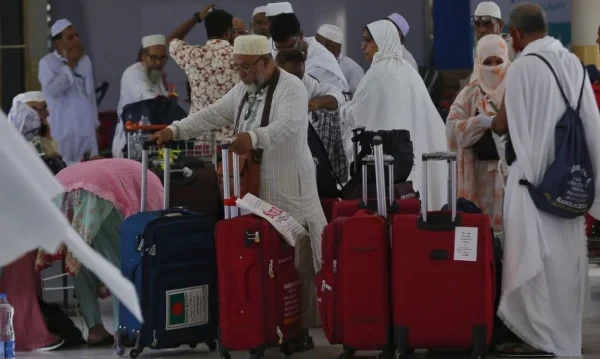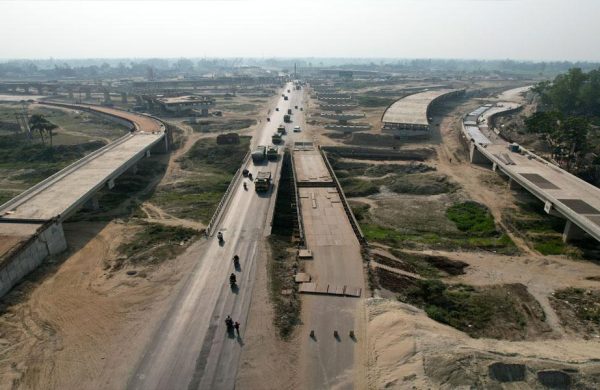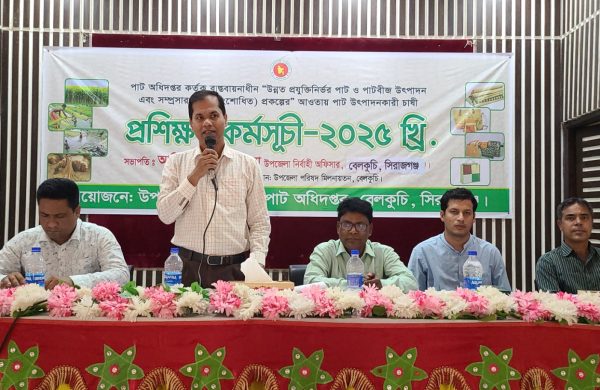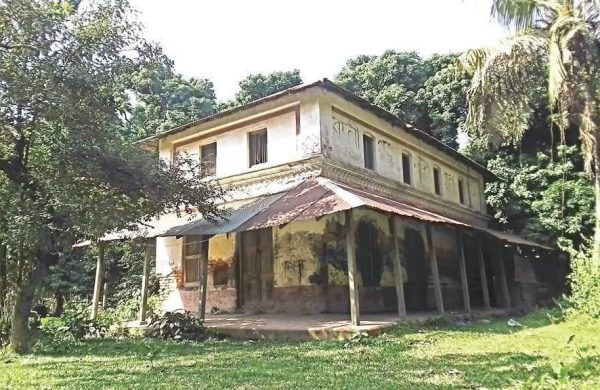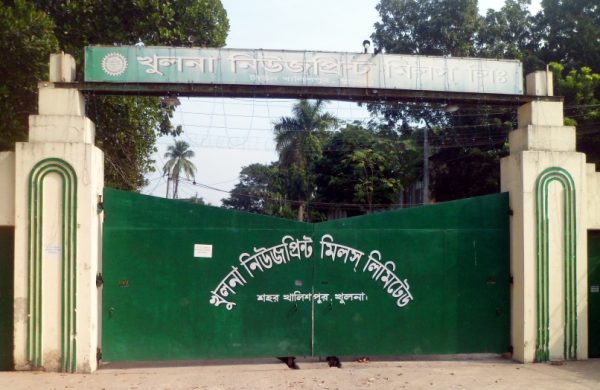Prolonged single-party rule politicised security sector in Bangladesh: UN
- Update Time : Monday, February 17, 2025
- 81 Time View
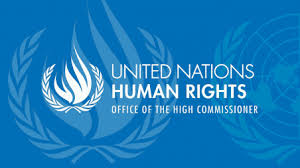
TDS Desk:
The prolonged single-party rule had steadily politicised Bangladesh’s state institutions that permeated the country’s entire security sector as well, since authorities preferred recruitment and promotion there to be based on perceived political loyalty instead of professionalism, the UN rights office report said.
“Fifteen years of rule by a single political party coincided with a steadily increasing politicisation of state institutions that has permeated the entire security sector,” read the Office of the United Nations High Commissioner for Human Rights (OHCHR) fact-finding report.
The OHCHR said, “Many police officers were recruited and promoted not on the grounds of professionalism, integrity, and merit, but based on their perceived loyalty to, or affiliation with, the Awami League and the ruling government it backed.”
The UN rights office last week released its report on human rights violations during the July-August 2024 uprising in Bangladesh from its Geneva office last week where it dedicated a chapter on “politicisation of the security sector.”
The report said, according to senior officials, the Directorate of Forces Intelligence (DGFI), National Security Intelligence (NSI) and police’s Special Branch were vetting each candidate for mid-level and higher positions also based on the political party affiliation of the candidate and their relatives.
It noted that the then prime minister personally signed off on any appointments to a position of deputy inspector-general or higher, and Awami League loyalists were strategically placed to control important units such as the Detective Branch in the metropolitan police forces.
OHCHR said the people concerned its fact-finders talked to highlighted that the relevance of political party affiliation in police appointments predated the former government and stems from the long-time absence of an independent body to manage police appointments and promotions.
The report said despite the Bangladesh Army’s involvement in politics in the past through military coups and attempted coups, “the Army is widely regarded as less politicised than other security forces.
But, it said, serving army officers and others with inside knowledge told OHCHR that the military had long been permeated by party politics, especially at the senior level.
The report said based on their perceived political loyalties, senior officers were promoted or placed in key positions in Dhaka and Army Headquarters, while officers seen as disloyal were denied promotion, placed in remote positions or, in some cases, illicitly pressured to leave the army.
“This facilitated abuse by the political party in power of not only the Army, but even more so the paramilitary forces and intelligence agencies, which were commanded by
Army officers, which reported directly to the Prime Minister or Home Minister,” it read.
The UN fact-finders observed that politicisation had driven a negative symbiotic relationship between the ruling party and the security sector.
“In exchange for suppressing challenges to the ruling party and not intervening in crimes by ruling party members, police and other security sector personnel could expect impunity for their own serious violations and acts of corruption,” the OHCHR reported.
It said criminal accountability for serious violations remained a rare exception to the generalised rule of impunity, noting that since 2009, Bangladeshi civil society groups documented 2597 alleged extrajudicial killings and 708 enforced disappearances.
“RAB alone was implicated in over 800 alleged killings and some 220 disappearances. Yet, RAB officers have only been convicted of murder in a single case, in which one of the victims was an influential local Awami League official,” the report read.
According to the same civil society sources, it said, DGFI officials were allegedly involved in more than 170 of the alleged enforced disappearances, but not a single DGFI officer has been prosecuted.
Among others, the United Nations Committee against Torture has expressed concern about the widespread and routine commission of torture by law enforcement officials to obtain confessions or extort bribes.
The OHCHR said Bangladesh in 2013 passed a law called Torture and Custodial
Death (Prohibition) Act but since then, at least 103 detainees have reportedly been tortured to death.
It said the government so far only reported 24 cases filed under the Act and in only one case were police officers convicted for torturing a person in their custody to death, and “these patterns of impunity have become institutionalised and anchored in law”.


